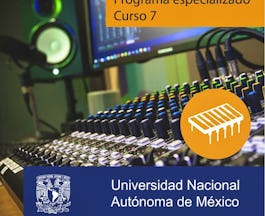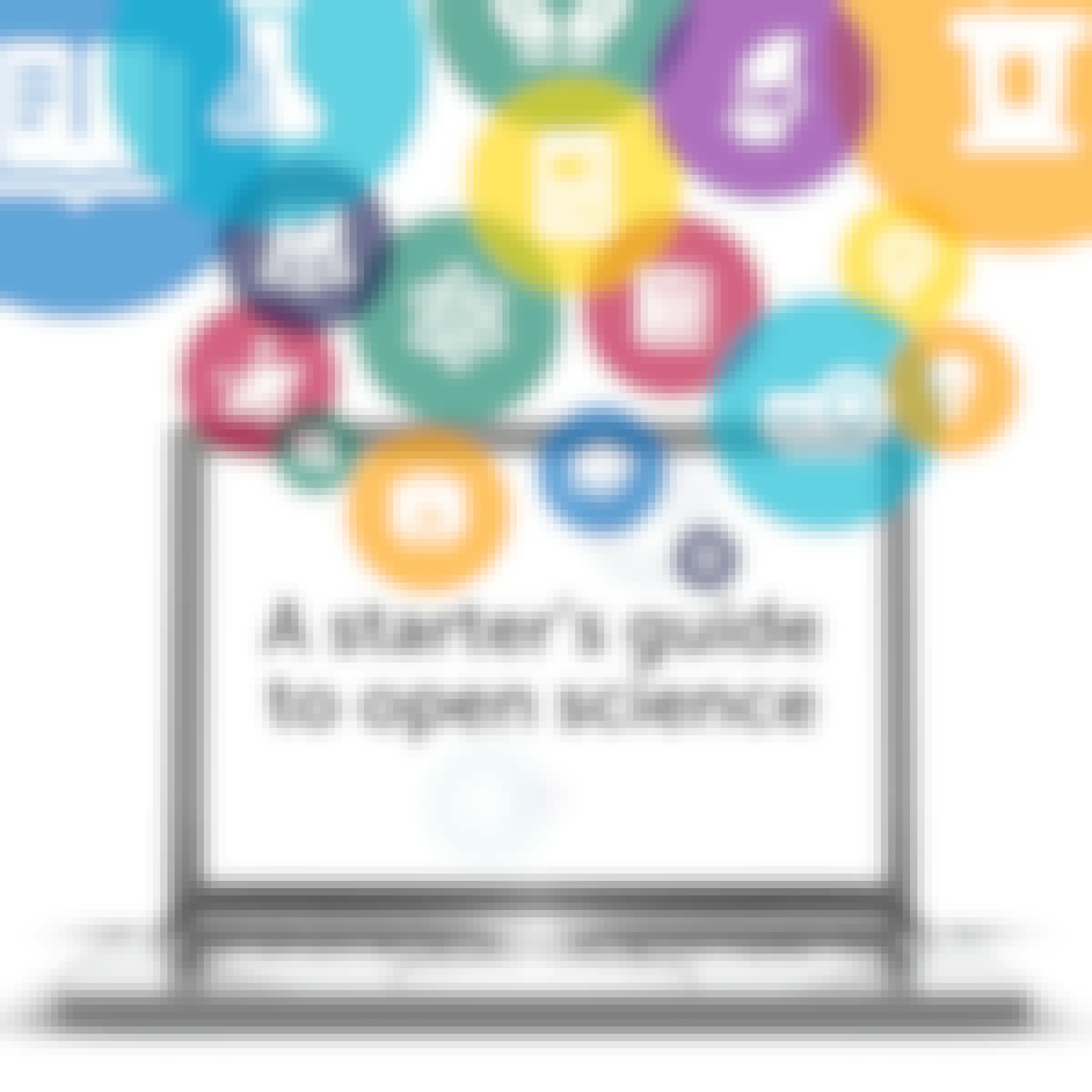Filter by
The language used throughout the course, in both instruction and assessments.
Explore the Publishing Course Catalog


Coursera Project Network
Skills you'll gain: Canva (Software), Design, Design Elements And Principles, Graphic and Visual Design, Digital Design, Developing Training Materials, Creative Design, Color Theory, Journals, Digital Publishing, File Management


Universidad Nacional Autónoma de México
Skills you'll gain: Open Source Technology, Multimedia, Digital Publishing, Creativity, Data Sharing, Technical Documentation, Content Creation, Aesthetics
 Status: Free
Status: Free
Coursera Project Network
Skills you'll gain: Visualization (Computer Graphics), Graphics Software, Computer Graphics, Program Development, Programming Principles, Computer Programming, Scripting


Coursera Project Network
Skills you'll gain: Instagram, Facebook, Content Strategy, Social Media, Social Media Marketing, Content Creation, Social Media Strategy, Target Audience, Branding


Coursera Project Network
Skills you'll gain: Marketing Materials, Marketing Design, Typography, Graphic and Visual Design Software, Graphic Design, Logo Design, Promotional Materials, Advertising, Presentations, Creative Design, Design, Content Creation, Social Media Content, Instagram, Social Media, Google Workspace
 Status: Free
Status: Free
Yale University
Skills you'll gain: Campaign Management, Advertising Campaigns, Media and Communications, Behavioral Health, Web Content, Program Evaluation, Digital Communications, Social Sciences, Research

Skills you'll gain: Responsive Web Design, ChatGPT, Web Design, HTML and CSS, Javascript, Generative AI, Web Content, Web Development, Cloud Hosting, Databases
 Status: Free
Status: Free
Erasmus University Rotterdam
Skills you'll gain: Data Sharing, Educational Materials, Science and Research, Research, Research Design, Research Methodologies, Experimentation, Peer Review, Data Access, Ethical Standards And Conduct, Digital Publishing

Skills you'll gain: Business Intelligence, Databricks, Data Sharing, Business Analytics, Data-Driven Decision-Making, Data Visualization Software, Data Integration, Database Management, SQL, Data Governance
 Status: Free
Status: Free
University of Washington
Skills you'll gain: Social Studies, Community Organizing, Social Sciences, Crisis Intervention, Cultural Diversity, Public Policies, Political Sciences, Advocacy, Journalism, Governance, Media and Communications


Edureka
Skills you'll gain: Apache Kafka, Data Pipelines, Data Lakes, Data Management, Data Integration, Data Architecture, SQL, Security Controls, System Monitoring, Real Time Data, Big Data, Scalability
 Status: Free
Status: Free
Coursera Project Network
Skills you'll gain: Web Content Accessibility Guidelines, Developing Training Materials, Content Management Systems, Instructional Design, Course Development
Publishing learners also search
In summary, here are 10 of our most popular publishing courses
- Crea imprimibles digitales de enseñanza con Canva : Coursera Project Network
- Tecnología musical con software libre: Proyecto final: Universidad Nacional Autónoma de México
- رسوم متحركه ثنائية الأبعاد في Unity باستخدام Sprite Sheets: Coursera Project Network
- How to optimize your Instagram Business Profile: Coursera Project Network
- Erste Schritte in Easil: Coursera Project Network
- Vyombo vya Habari Dijitali kwa Matokeo ya Afya: Yale University
- ChatGPT for Web Design - Create Amazing Websites : Packt
- A starter’s guide to Open Science: Erasmus University Rotterdam
- Business Intelligence with Databricks: Edureka
- Ukraine: History of Civil Society: University of Washington











